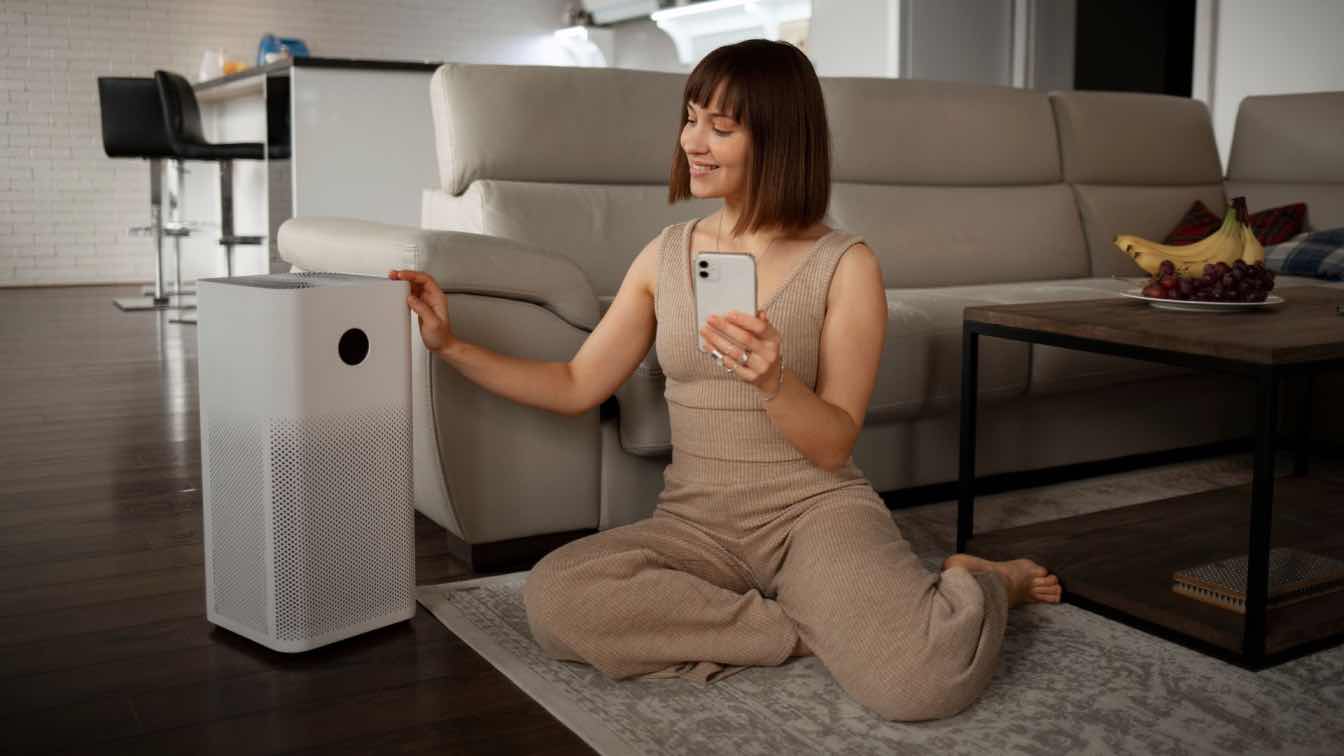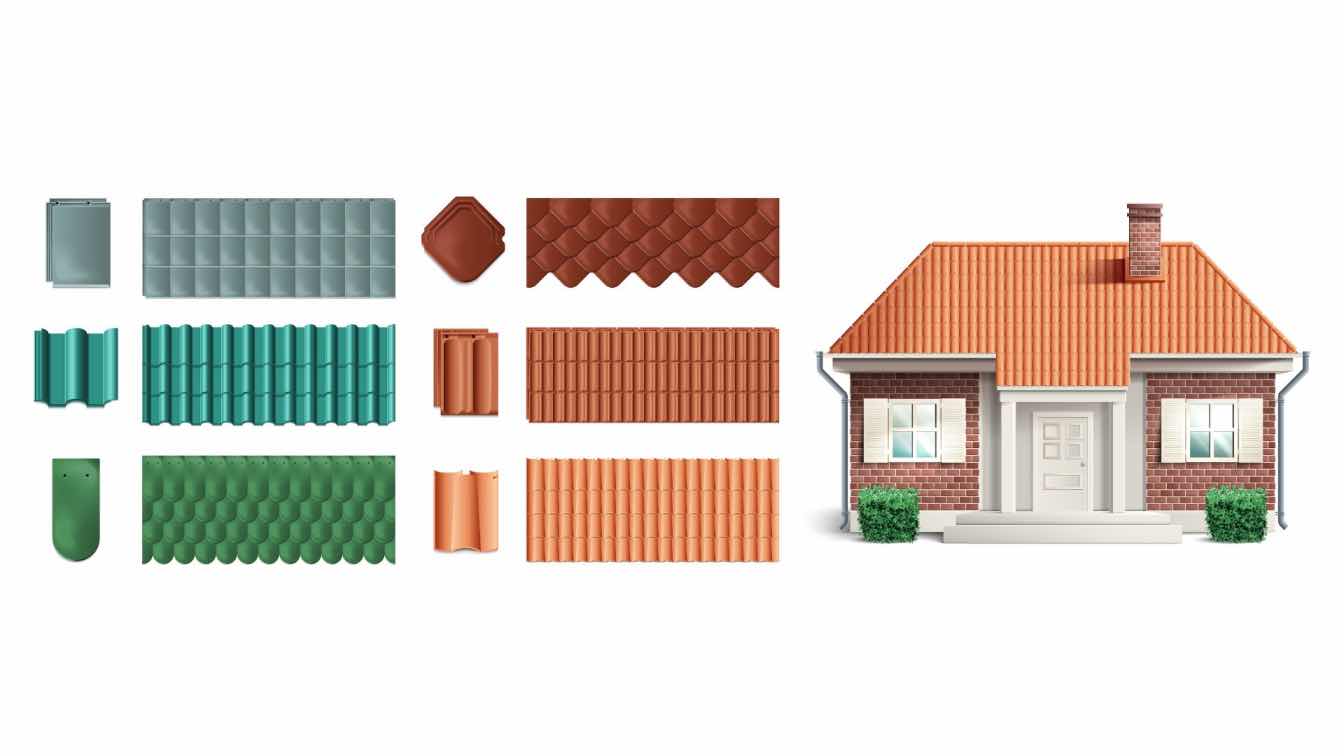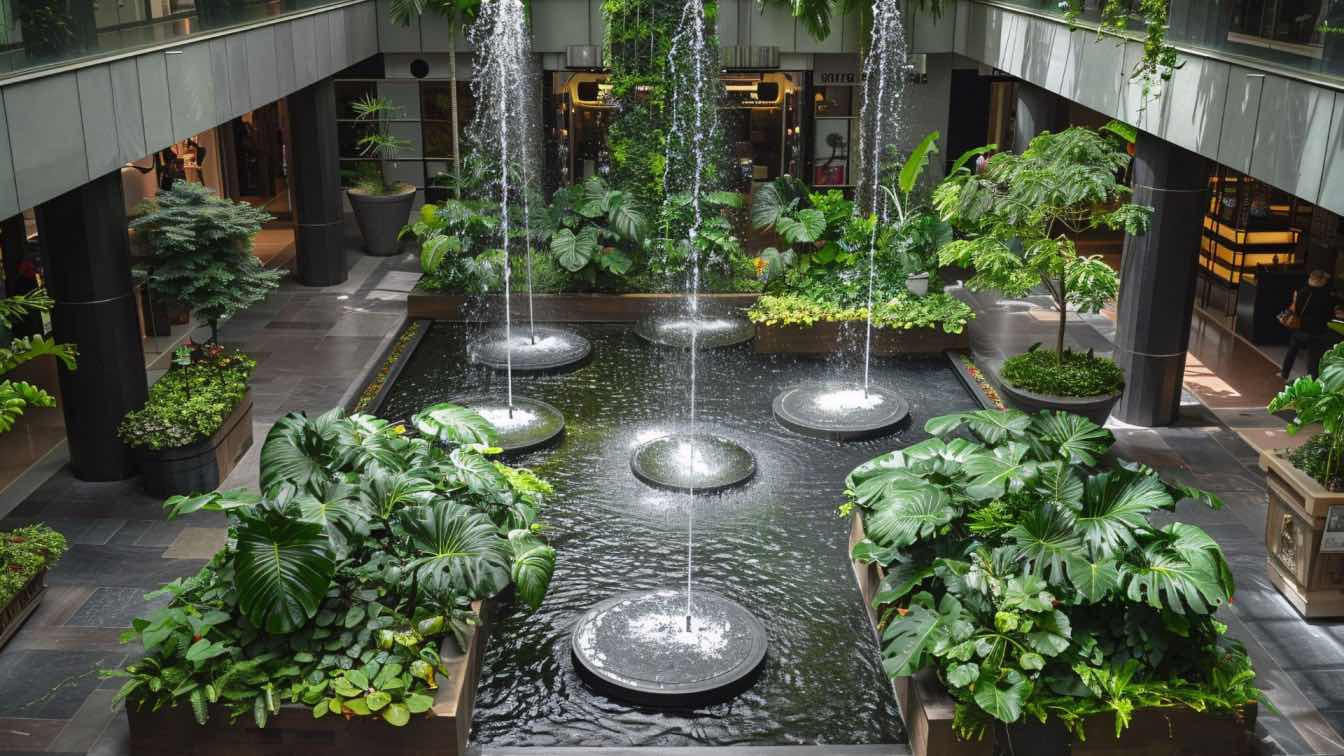Breathing healthy air is essential for good health. However, the air inside our homes can be more polluted than the outside air. Dust, pet dander, and chemicals from cleaning products and furniture can cause respiratory problems, allergies, and other health issues. That's why air purifiers are becoming an essential appliance in many homes. In this article, we'll discuss the top signs that you need an air purifier at home. Also, check out the Triad Aer company website to explore how air purifiers reduce pet dander, mold spores, and allergies.
You Have Pets:
Pets are adorable, but they can also cause respiratory problems for you and your family members. Pet dander, hair, and saliva can provoke allergies and asthma attacks. Even if you don't have allergies, an air purifier can help remove pet odors from your home. Look for an air purifier with a HEPA filter as they can trap small particles like pet dander and hair.
You Have Allergies Or Asthma:
Allergies and asthma can make it hard for you to breathe properly. If you suffer from these conditions, you should consider installing an air purifier at home. Use an air purifier with a HEPA filter to trap allergens like dust mites, pollen, and mold spores. These filters can capture small particles that can trigger your allergies and asthma.
You Live In A Polluted Area:
Living in an urban area means that you're exposed to high levels of pollution from cars, factories, and construction sites. This pollution can cause respiratory problems and allergies. If you live in an area with constant pollution, consider using an air purifier to filter out harmful particles from the air you breathe.
You Have Smokers In Your Home:
Cigarette smoke contains harmful chemicals that can cause lung cancer, chronic bronchitis, and other respiratory problems. If you live with smokers, you should consider getting an air purifier that can remove smoke and its odor from your home. Look for an air purifier with a carbon filter as it can neutralize smoke particles.
You Want To Improve Your Overall Health:
Breathing clean air can improve your overall health. An air purifier can remove pollutants, dust, and other harmful particles from the air in your home. By using an air purifier, you'll breathe cleaner air, improving your sleep quality, reducing respiratory problems, and promoting better overall health.
Health Symptoms and Poor Air Quality
Poor air quality can have a significant impact on your health. Exposure to pollutants in the air can lead to various symptoms and health conditions, some of which are discussed below:
Difficulty breathing:
One of the most common symptoms of poor air quality is difficulty breathing. This can be due to the presence of allergens, pollutants, or irritants in the air that cause inflammation and irritation in the respiratory tract.
Wheezing:
Wheezing is a high-pitched whistling sound that occurs when air flows through narrowed or inflamed airways. It can be caused by pollutants or irritants in the air, such as smoke, dust, or pet dander. If you experience wheezing, it is crucial to consult a doctor and take steps to improve the air quality in your home.
Headaches:
Exposure to poor air quality can also lead to frequent headaches. This is because pollutants and irritants in the air can cause inflammation in the nasal passages and sinuses, leading to sinus headaches. Using an air purifier can help remove these particles.
High-Risk Situations and Environments
Some people may be more susceptible to the effects of poor air quality, such as children, older adults, and those with respiratory conditions like asthma or COPD. It is crucial for these individuals to take extra precautions when dealing with polluted air.
Outdoor activities:
When the air quality outside is poor, it is best to limit your time spent outdoors, especially during peak pollution hours. This is especially important for children and older adults, as their lungs are more vulnerable to the effects of air pollution.
Work environments:
Many people spend a significant portion of their day at work, so it is essential to consider the air quality in your workplace. If you work in an environment with poor air circulation or high levels of pollutants, it may be beneficial to invest in an air purifier for your office or workspace.
Traveling:
Air pollution is not just limited to indoor environments; it can also affect us when we are traveling. When planning a trip, consider the air quality at your destination and pack an air purifier if necessary. This is especially important for those with respiratory conditions who may be more sensitive to changes in air quality.
Using an Air Purifier for Allergies
Air purifiers work by filtering the air, removing pollutants and irritants that can trigger allergies. There are various types of air purifiers on the market, including HEPA filters, activated carbon filters, and UV-C light technology. It is essential to do some research and choose the right type of air purifier for your specific needs.
HEPA filters:
HEPA (High-Efficiency Particulate Air) filters are considered to be the most effective at filtering out allergens from the air. These filters can trap very small particles, including pollen, pet dander, dust mites, and even some bacteria and viruses.
Activated carbon filters:
Activated carbon filters are effective at removing gasses and odors from the air, making them a great choice for those with chemical sensitivities or allergies to strong smells. These filters work by adsorbing pollutants onto their surface, trapping them and preventing them from being released back into the air.
UV-C light technology:
UV-C light technology uses ultraviolet light to kill bacteria and viruses in the air. However, it is not as effective at removing larger particles like dust or pollen. This type of air purifier may be beneficial for those who are concerned about airborne illnesses or live in areas with high levels of pollution.





